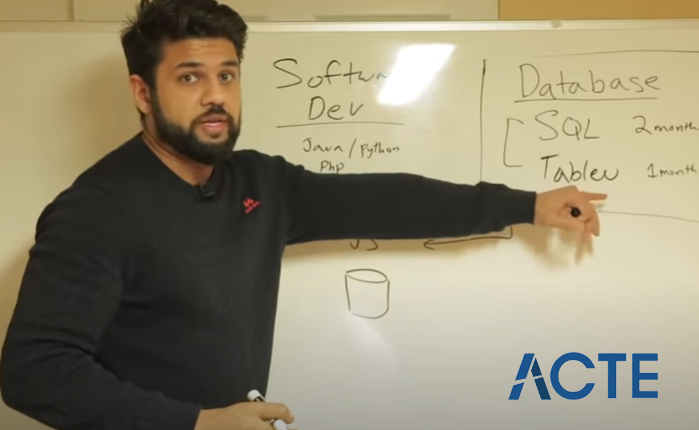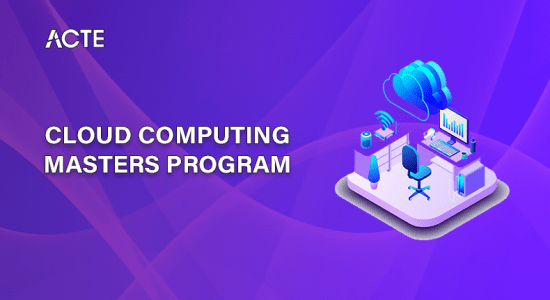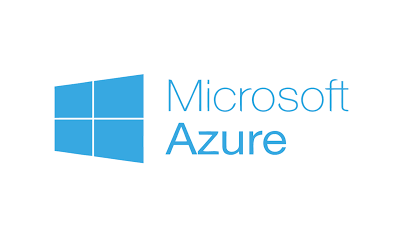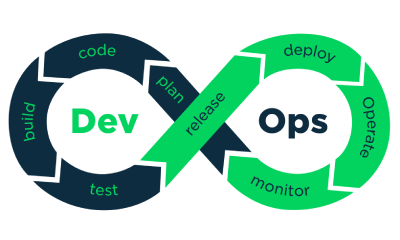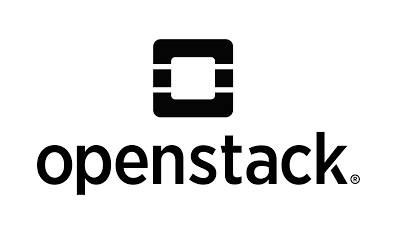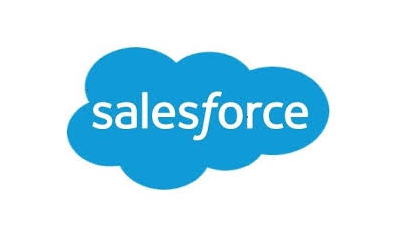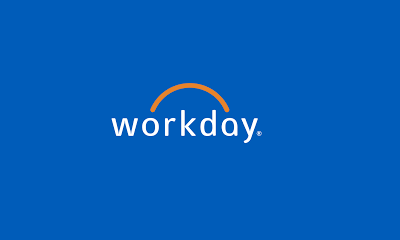VMWare Cloud: A Comprehensive Overview
The VMware Cloud is a platform for cloud computing that combines the advantages of on-premises data centres with the cloud, offering a unified environment for applications and workloads. Available on significant providers like AWS, Azure, Google Cloud, and IBM Cloud, it provides a consistent infrastructure stack across diverse cloud environments. The VMware Cloud Foundation, a software-defined data centre platform, integrates computing, storage, networking, and management services, promoting efficiency and simplifying management. It also offers robust networking and security features, ensuring data protection and compliance. VMware Cloud also offers scalability to handle changing workloads and demand fluctuations, allowing quick provisioning and de-provisioning of resources.
Additional Info
Essential Tools for Managing VMWare Cloud
- VMware vCenter Server: This is a core component for managing virtualized environments. It provides centralized management for VMware infrastructure, allowing you to deploy, manage, and monitor virtual machines (VMs), hosts, and clusters.
- VMware vSphere Client: This web-based client provides a user-friendly interface for managing vCenter Server and vSphere infrastructure. It's essential for day-to-day management tasks such as creating and configuring VMs and clusters.
- VMware vRealize Suite: This suite of products includes tools for cloud management, automation, and monitoring. vRealize Automation allows for automated provisioning and management of resources, while vRealize Operations offers performance and capacity monitoring.
- VMware PowerCLI: For automation and scripting tasks, PowerCLI is a powerful command-line tool based on PowerShell. It allows you to organize your VMware infrastructure programmatically.
- VMware Cloud Foundation (VCF): If you're deploying a hyper-converged infrastructure (HCI) on VMware Cloud, VCF provides an integrated stack for computing, storage, and networking.
- VMware Log Insight: For log management and analysis, Log Insight can help you monitor the health and performance of your VMware environment by aggregating and analyzing logs from various sources.
- VMware Horizon: If you're managing virtual desktops and applications in VMware Cloud, Horizon provides virtual desktop infrastructure (VDI) and application virtualization capabilities.
- Monitoring and Performance Management: Besides vRealize Operations, consider third-party monitoring and performance management tools for more comprehensive insights into your VMware Cloud environment.
VMWare's Future: Emerging Trends and Possibilities
VMware, as a leading virtualization and cloud infrastructure provider, continues to evolve and adapt to the changing landscape of technology. Here are some emerging trends and possibilities for VMware's future:
- Multi-Cloud and Hybrid Cloud Adoption: VMware has been expanding its offerings to facilitate multi-cloud and hybrid cloud deployments. This trend is likely to continue as more organizations seek flexibility in choosing where to run their workloads, whether on-premises, in private clouds, or across multiple public cloud providers.
- Kubernetes and Container Orchestration: The rise of containerization and Kubernetes as a standard for deploying and managing applications has prompted VMware to embrace these technologies. VMware Tanzu is a suite of products designed to help organizations manage containerized applications alongside traditional VMs.
- Zero Trust Security: Security is paramount in any cloud environment. VMware is likely to focus on enhancing its security solutions to align with the principles of Zero Trust, where trust is never assumed and verification is constant. This includes bolstering network security, identity management, and endpoint security.
- Edge Computing: With the growth of Internet of Things devices and the need for low-latency processing at the edge of networks, VMware may expand its offerings in edge computing solutions. This could involve tools for managing distributed infrastructure in remote locations.
- AI and Machine Learning Integration: VMware is likely to incorporate more AI and machine learning capabilities into its management and optimization tools. These technologies can help organizations automate tasks, predict and mitigate issues, and optimize resource allocation.
- 5G Integration: As 5G networks become more widespread, VMware may work on solutions to enable seamless integration between 5G networks and cloud infrastructure. This could be particularly important for industries like telecommunications and IoT.
- Sustainability and Green IT: Given the growing focus on sustainability and environmental responsibility, VMware may develop initiatives and technologies to help organizations reduce their carbon footprint through efficient resource allocation and management.
- Edge AI: VMware may explore opportunities in edge AI, where AI processing occurs at the edge devices themselves. This could involve providing tools for managing AI workloads in distributed edge environments.
- Blockchain and Distributed Ledger Technologies: As blockchain and distributed ledger technologies find more use cases beyond cryptocurrencies, VMware may develop solutions to help organizations manage and secure blockchain-based applications and infrastructure.
- Quantum Computing Integration: While quantum computing is still in its early stages, VMware could explore ways to integrate quantum computing capabilities into its infrastructure to support emerging quantum applications.
- Enhanced Data Management and Analytics: VMware may invest in advanced data management and analytics tools to help organizations extract more insights from their data, improve decision-making, and optimize resource usage.
- Enhanced Automation and Self-Healing: VMware is likely to continue improving automation and self-healing capabilities within its solutions to reduce manual intervention and enhance system resilience.
VMWare Developer Career Opportunities and Growth
The rapidly developing fields of virtualization and cloud computing can provide a wealth of options for growth and promotion for those who choose to pursue a career as a VMware developer. For VMware developers, the following career options and development prospects are listed:
- Software Development Roles: VMware developers often start as software engineers or developers responsible for creating, enhancing, and maintaining VMware's virtualization and cloud management software. This can include working on products like VMware vSphere, vCenter, NSX, and Tanzu.
- Cloud Solutions Architect: VMware developers with a strong background in virtualization can transition into cloud solutions architect roles. In this capacity, you design and implement cloud solutions for clients, leveraging VMware's technologies to create scalable, efficient, and secure cloud environments.
- Virtualization Consultant: Many organizations seek the expertise of VMware developers as consultants to help them optimize their virtualization infrastructure. Consultants guide best practices, performance optimization, and troubleshooting, often working with a variety of VMware products.
- Cloud Administrator/Engineer: As organizations increasingly adopt cloud technologies, there is a growing demand for cloud administrators and engineers who are proficient in VMware solutions. These professionals manage and maintain cloud environments, including provisioning VMs, configuring networks, and ensuring security.
- DevOps Engineer: VMware developers can transition into DevOps roles, where they work on automating infrastructure provisioning and deployment processes. DevOps engineers collaborate with software development teams to streamline the application development and deployment pipeline.
- Security Specialist: With a deep understanding of VMware's virtualization and networking technologies, VMware developers can specialize in cybersecurity. They can become security analysts or engineers, focusing on securing virtualized environments and ensuring compliance with industry regulations.
- Management and Leadership Roles: As you gain experience and expertise, you can progress into management and leadership positions. This might involve leading development teams, managing projects, or overseeing the implementation of VMware solutions within an organization.
Show More

